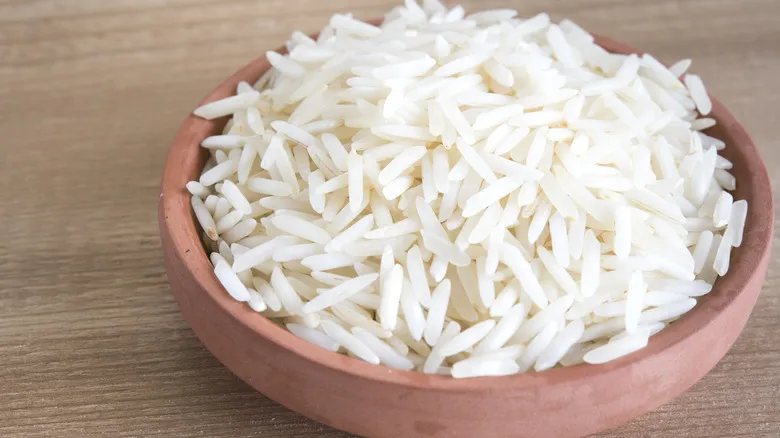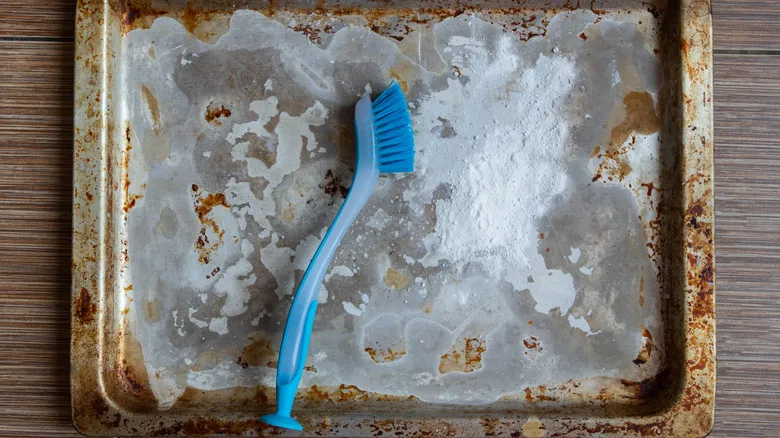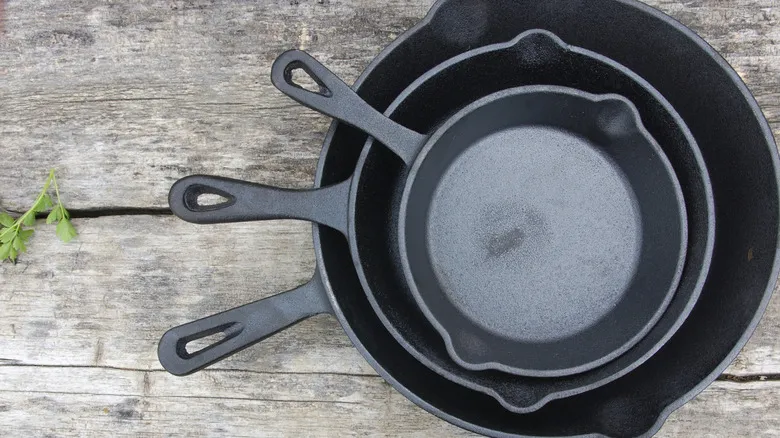The science behind club soda's cleaning power

At some point in your life, you may have heard about the almost legendary cleaning and stain-removing powers of club soda. But have you ever considered the source of these abilities? The enhanced cleaning effectiveness of club soda compared to plain water is likely attributed to its added minerals and carbonation. While scientific evidence to definitively establish club soda as the superior cleaning agent is lacking, numerous anecdotal tests suggest it may be more effective.
Unlike regular seltzer or sparkling water, club soda is infused with extra minerals that impart a slightly salty taste. These minerals serve as abrasives and absorbers, aiding in the removal of unwanted particles from surfaces. Additionally, club soda is more acidic than regular water due to the carbonic acid generated during carbonation, making it particularly effective at lifting mineral deposits like rust. Most importantly, the carbonation creates bubbles that act as surfactants, helping to lift and displace dirt particles.
This means that club soda is not only beneficial for cleaning cast iron cookware; it can be an excellent cleaning agent for various surfaces. Its abrasive and acidic characteristics make it especially effective for tackling mineral stains such as rust. If you're struggling to remove food residue (known as "fond") from your pan, caramelizing onions in your cast iron skillet can be an unexpectedly effective method.
Recommended

Should You Be Cleaning Produce With Baking Soda?

Can You Freeze Cooked Rice?

What To Avoid When Cleaning Aluminum Kitchenware With Baking Soda

Your Blender Probably Isn't As Clean As You Think It Is
Next up

